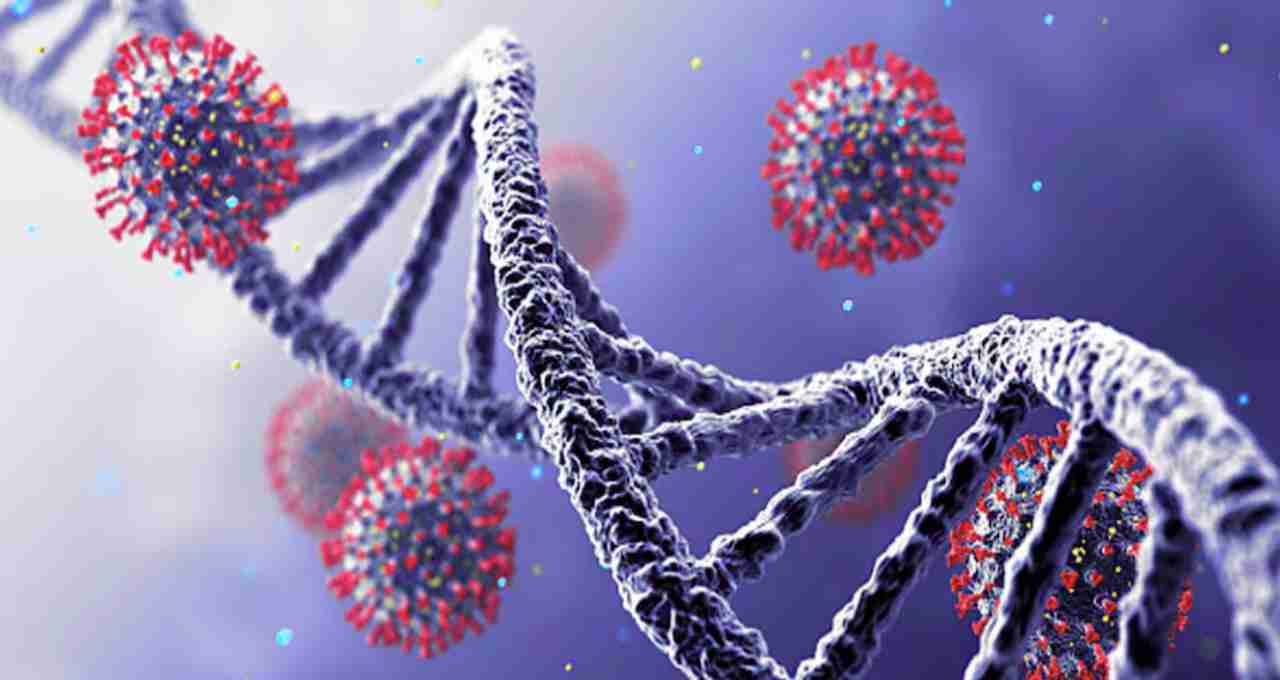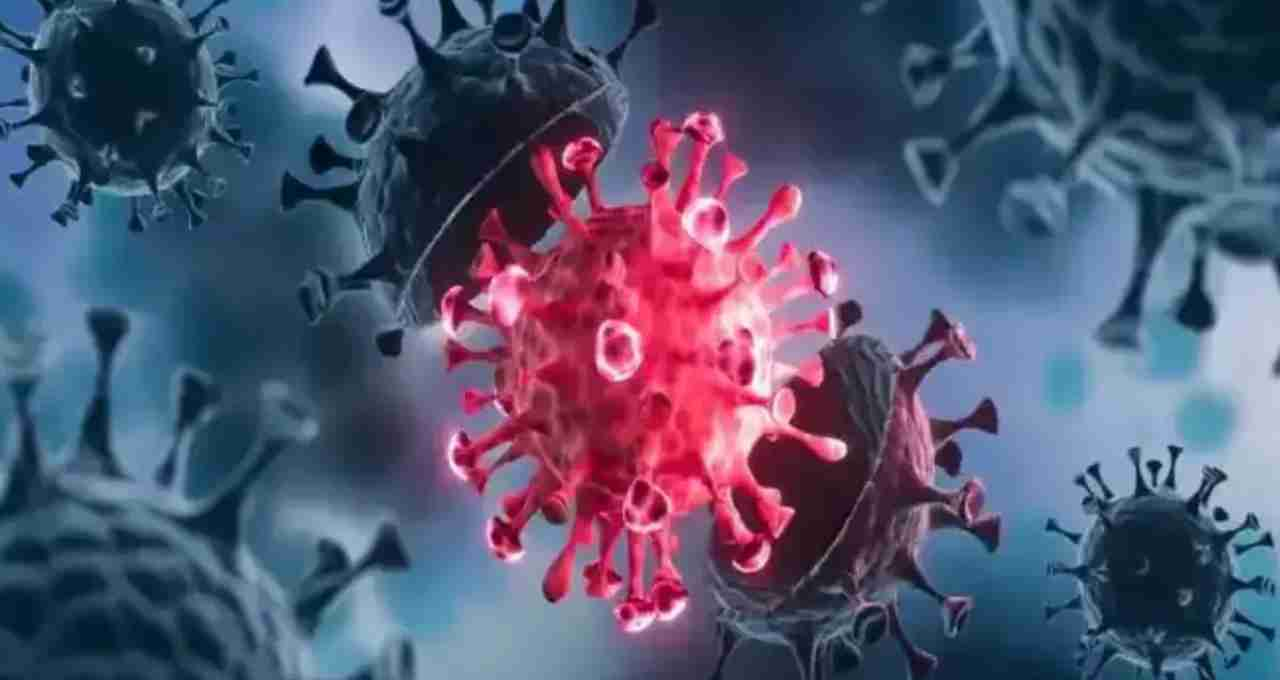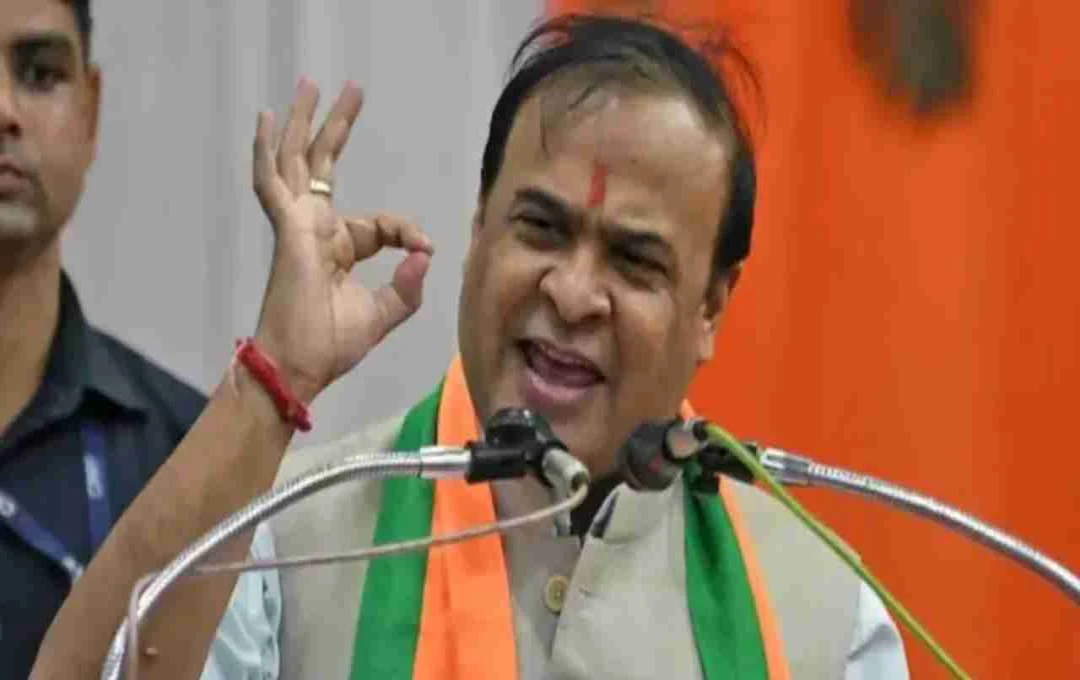The coronavirus is once again in the news, this time due to the variant JN.1. India has seen its highest number of active cases in the past year, with a total of 257 active cases raising concerns. However, experts say there is no need for panic.
Covid JN.1: The coronavirus is resurfacing in parts of Asia, and India has recorded its highest number of active cases in the past year—257. While this has understandably caused some anxiety, there's no reason for alarm. Dr. Sanjay Roy, an AIIMS expert and leader of the coronavirus vaccine trial, states that the current JN.1 variant is not new; it's a year-old variant and, based on current scientific understanding, is similar to a common cold.
Increased testing is leading to a higher number of positive cases. Dr. Roy explains that the coronavirus family comprises over a thousand variants, but only seven major viruses affect humans. Until 2002, these viruses were considered relatively minor, but the past two decades have seen the emergence of deadly variants like SARS, MERS, and now COVID-19. However, the current situation is under control, and the Ministry of Health has reassured the public that there is no cause for concern.
JN.1: Who is this new ‘player’?
JN.1 is not entirely new; it's linked to the Omicron BA.2.86 sub-variant. It was first identified in August 2023. It has approximately 30 mutations, making it slightly more capable of evading the body's immunity. It has spread rapidly overseas—particularly in Singapore and Hong Kong—where COVID cases have seen a resurgence.

Symptoms
JN.1 symptoms are not significantly different from previous variants. The main symptoms observed are:
- Dry cough
- Runny or stuffy nose
- Headache
- Sore throat
- Mild fever
- Fatigue or weakness
- Loss of taste and smell
- Diarrhea (more commonly reported with this variant)
However, the severity of these symptoms has been mild in reported cases, and most individuals are recovering at home.
The Situation in Delhi and India
According to the Union Health Ministry, 164 new COVID cases have been reported since May 12, 2025. Delhi has 5 active cases, 3 of which were reported recently. Kerala, Maharashtra, and Tamil Nadu are currently the most affected states. However, hospitalization has not been necessary in these cases.
What the Experts Say
Dr. Sanjay Roy, a community medicine specialist at AIIMS, says JN.1 is not a new variant. It's a year old, and no serious consequences have been observed. The increase in positive cases is attributed to renewed testing. He describes the variant as similar to a common cold. He further emphasized that discussions about COVID should always be based on scientific evidence, not social media rumors.
Dr. Jugal Kishore, a community medicine specialist associated with Safdarjung Hospital, stated that while the threat seems minimal currently, surveillance is crucial. We must monitor the virus's behavior to enable prompt action should any significant changes occur.

Genome Sequencing and Surveillance Status
Genome sequencing in Delhi is currently inactive. According to an expert, JN.1 has been previously identified in sequencing. It's not new; it's receiving more attention due to the increase in cases. Experts believe that restarting sequencing is challenging until the number of new cases increases significantly. However, maintaining surveillance is recommended.
COVID cases in Singapore increased by 28% within a week. Hong Kong reported 1,000+ cases and 31 deaths in the first week of May—the highest in a year. This indicates that the virus is not entirely eradicated and may still cause periodic surges.













